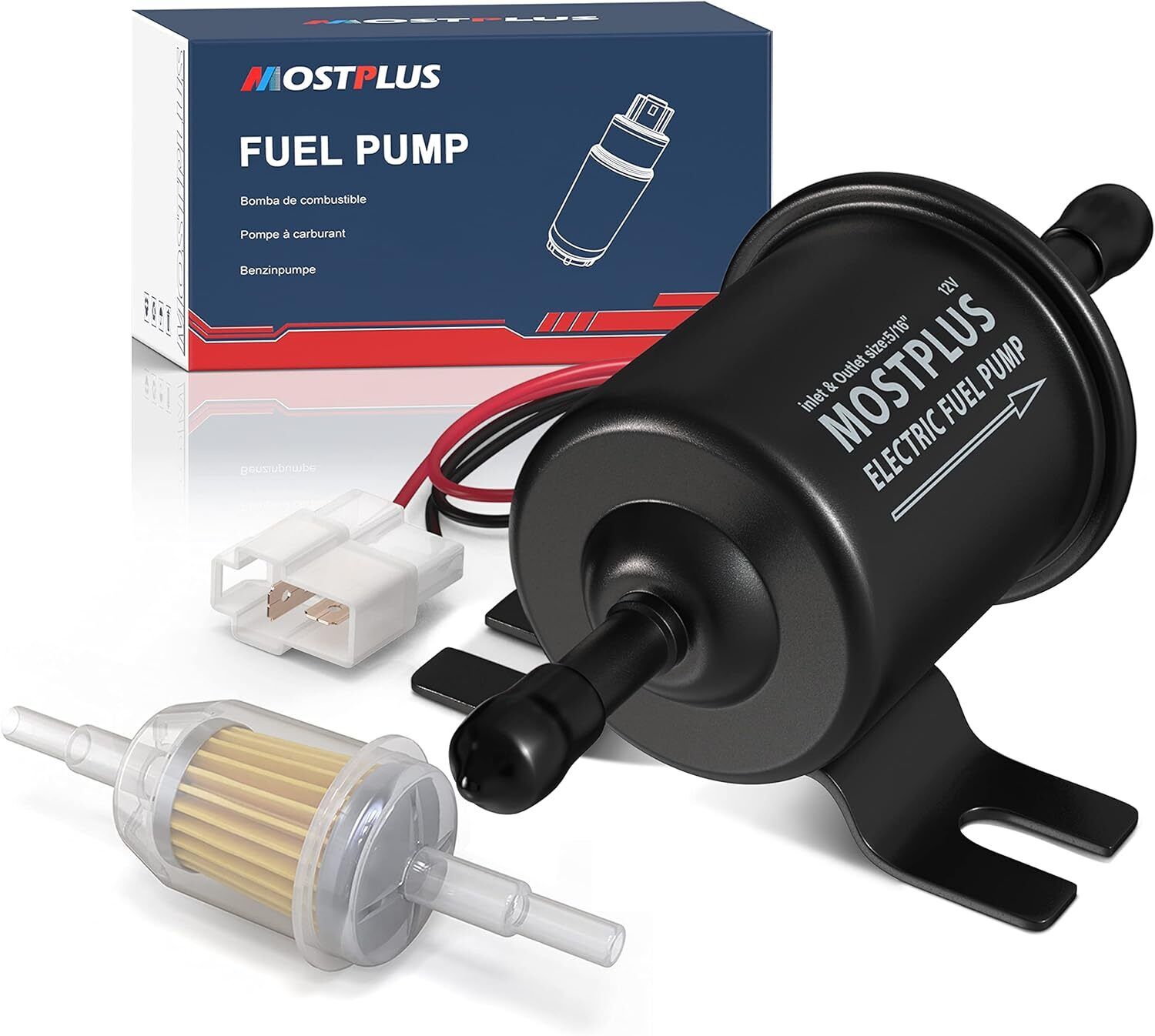In the realm of automotive engineering, the mechanical fuel pump plays a crucial role in delivering the lifeblood of an internal combustion engine - fuel. This intricate device, often overlooked, is responsible for maintaining the optimal fuel pressure required for efficient engine performance. In this article, we will delve into the inner workings of a mechanical fuel pump, exploring its functions, components, and the challenges it faces in the modern automotive landscape.
- The Basics of a Mechanical Fuel Pump:
A mechanical fuel pump is a mechanical device driven by the engine's camshaft or crankshaft. Its primary function is to draw fuel from the fuel tank and deliver it to the carburetor or fuel injection system at a consistent pressure. Unlike its electronic counterparts, the mechanical fuel pump relies on mechanical principles to perform its duties. - Components and Operation:
A typical mechanical fuel pump consists of several key components, including a diaphragm, valves, a lever arm, and a camshaft eccentric. As the engine rotates, the camshaft eccentric pushes the lever arm, which in turn moves the diaphragm. This reciprocating motion creates a vacuum, causing fuel to be drawn into the pump from the fuel tank. The fuel then passes through the valves and is pushed towards the engine, maintaining a steady flow. - Challenges and Advancements:
While mechanical fuel pumps have been a staple in automotive design for decades, they face certain challenges in the modern era. One such challenge is the increasing demand for higher fuel efficiency and reduced emissions. Electronic fuel injection systems have gained popularity due to their ability to precisely control fuel delivery, resulting in improved efficiency. However, mechanical fuel pumps still find their place in certain applications, such as classic cars and small engines. - Maintenance and Troubleshooting:
To ensure the longevity and optimal performance of a mechanical fuel pump, regular maintenance is essential. This includes inspecting and replacing worn-out components, cleaning fuel filters, and ensuring proper fuel pressure. Common issues that may arise with mechanical fuel pumps include diaphragm leaks, valve blockages, and insufficient fuel delivery. Understanding these potential problems and their solutions is crucial for troubleshooting and maintaining the pump's functionality.
Conclusion:
The life of a mechanical fuel pump is one of precision and reliability. Despite the advancements in electronic fuel delivery systems, these mechanical marvels continue to serve their purpose in various applications. By understanding their inner workings, components, and challenges, we gain a deeper appreciation for the role they play in keeping our engines running smoothly. So, the next time you turn the key and hear the engine roar to life, remember the unsung hero - the mechanical fuel pump.

